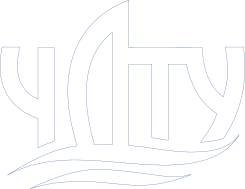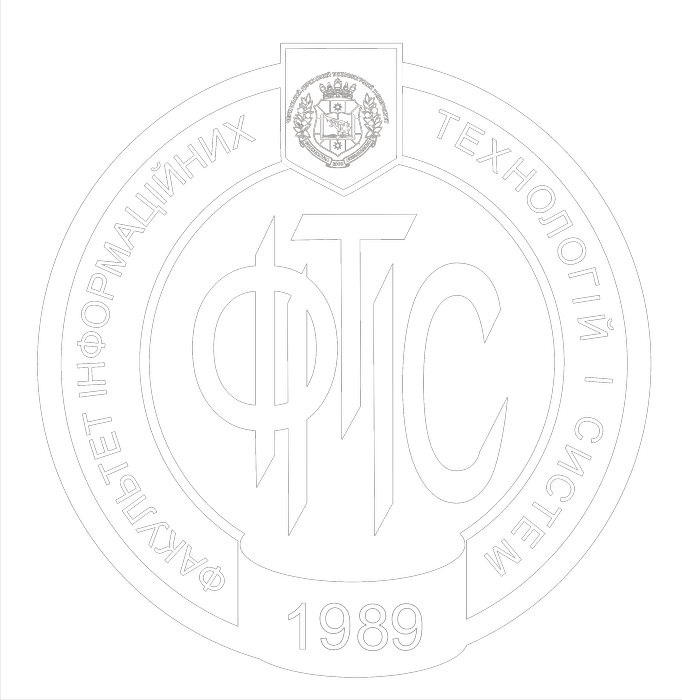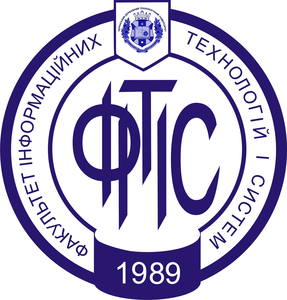Course «Soft Skills and Digital Ethics»
This module covers important aspects of digital ethics and the development of universal competencies in the digital society. It includes topics such as ethical behavior in digital environments, multicultural communication, critical thinking, creativity, integrity, and adaptability.
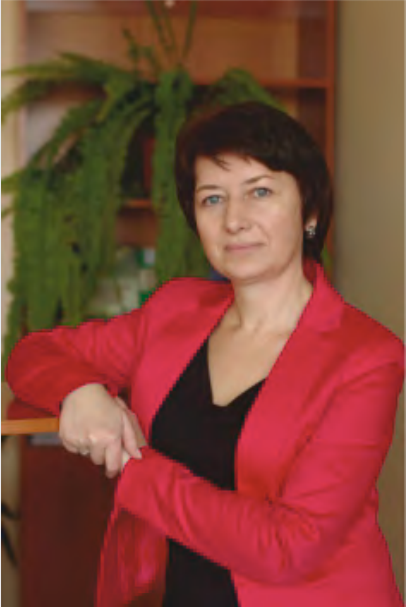
Nataliia Khymytsia
PhD in Philosophy, Associate Professor; Lviv Polytechnic National University
PhD in Philosophy, Associate Professor; Lviv Polytechnic National University
Digital Ethics
Formation of ethical behavior in digital environments, including virtual and multicultural communication.
Read more
The Purpose:
The purpose of this course is to familiarize students with the moral and ethical standards of behavior in the digital environment for all subjects of the information society; providing students with the knowledge and skills necessary to navigate the complex ethical landscape of the digital world, to form a high culture of communication and effective business interaction.
Skills and Competencies: Following report D2.3, the following course competencies are defined: - AI-Ethics-skills - Communication - Empathy - Work ethics - Honesty - Balancing digital and face-to-face interaction - Courage to oppose unethical practices - Ethical awareness - Ethical decision-making - Etiquette - Respecting privacy in digital communication
Content: Basic principles, standards and norms of digital ethics: Ethics as a doctrine of morality. Moral norms and principles. Ethical understanding of information and communication processes; basic principles of digital ethics: confidentiality, privacy, security, equality of access to information, responsible use of technology, etc.; norms and rules of behavior in the interactive digital space. Digital etiquette. Moral and ethical aspects of the use of artificial intelligence, data collection, processing and use: ethical principles of AI application (transparency, fairness, accountability, confidentiality); the impact of AI on society (social consequences, moral and ethical aspects); ethical aspects of data handling. Ethics of virtual communication: ethical understanding of virtuality and development of virtual communication ethics; moral principles such as freedom of speech, openness, tolerance, equality, politeness. Multicultural communication in cyberspace and its ethical component.
Skills and Competencies: Following report D2.3, the following course competencies are defined: - AI-Ethics-skills - Communication - Empathy - Work ethics - Honesty - Balancing digital and face-to-face interaction - Courage to oppose unethical practices - Ethical awareness - Ethical decision-making - Etiquette - Respecting privacy in digital communication
Content: Basic principles, standards and norms of digital ethics: Ethics as a doctrine of morality. Moral norms and principles. Ethical understanding of information and communication processes; basic principles of digital ethics: confidentiality, privacy, security, equality of access to information, responsible use of technology, etc.; norms and rules of behavior in the interactive digital space. Digital etiquette. Moral and ethical aspects of the use of artificial intelligence, data collection, processing and use: ethical principles of AI application (transparency, fairness, accountability, confidentiality); the impact of AI on society (social consequences, moral and ethical aspects); ethical aspects of data handling. Ethics of virtual communication: ethical understanding of virtuality and development of virtual communication ethics; moral principles such as freedom of speech, openness, tolerance, equality, politeness. Multicultural communication in cyberspace and its ethical component.
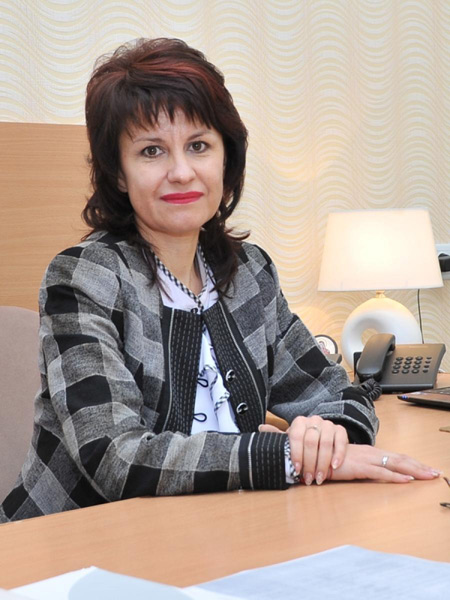
Angela Boiko
Doctor of Pedagogical Sciences, Professor; ChSTU
Doctor of Pedagogical Sciences, Professor; ChSTU
Transversality and Integrity
Exploration of interdisciplinary problem-solving and system-level thinking in digital contexts.
Read more
The Purpose:
The course is designed to form a deep understanding of interconnections and interactions across various fields of knowledge within the digital environment. It emphasizes transversal problem-solving and promotes analytical, critical, and creative thinking necessary for interdisciplinary collaboration.
Skills and Competencies: - Transdisciplinary skills (applying methods from various fields to solve complex tasks; working in interdisciplinary and intercultural teams) - Integrity of thinking (seeing the bigger picture; understanding system interconnections) - Communication skills (effective communication across disciplines) - Critical, analytical, and creative thinking - Problem-solving in uncertain conditions - Lifelong learning - Ethical responsibility and adaptability
Content: Transdisciplinarity: understanding and applying concepts beyond traditional science to solve IT and digital challenges. Interaction of Knowledge: mechanisms between science, tech, art, and social disciplines to achieve integrated solutions in digital, virtual, and augmented contexts. Integrity of Systems: analyzing and ensuring the coherence and stability of complex systems, including those in digital environments. This course fosters flexible thinking and prepares students for integration-driven challenges of the modern world.
Skills and Competencies: - Transdisciplinary skills (applying methods from various fields to solve complex tasks; working in interdisciplinary and intercultural teams) - Integrity of thinking (seeing the bigger picture; understanding system interconnections) - Communication skills (effective communication across disciplines) - Critical, analytical, and creative thinking - Problem-solving in uncertain conditions - Lifelong learning - Ethical responsibility and adaptability
Content: Transdisciplinarity: understanding and applying concepts beyond traditional science to solve IT and digital challenges. Interaction of Knowledge: mechanisms between science, tech, art, and social disciplines to achieve integrated solutions in digital, virtual, and augmented contexts. Integrity of Systems: analyzing and ensuring the coherence and stability of complex systems, including those in digital environments. This course fosters flexible thinking and prepares students for integration-driven challenges of the modern world.
